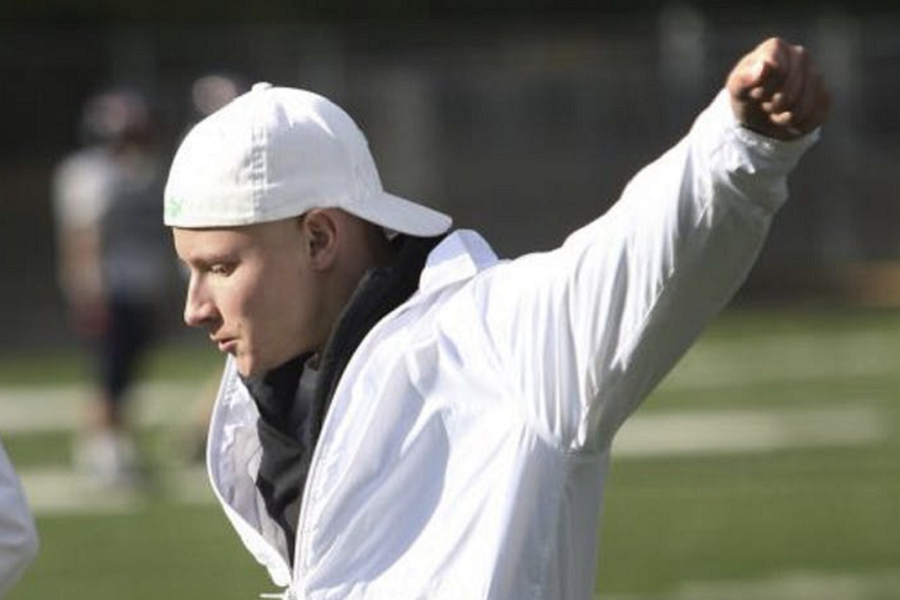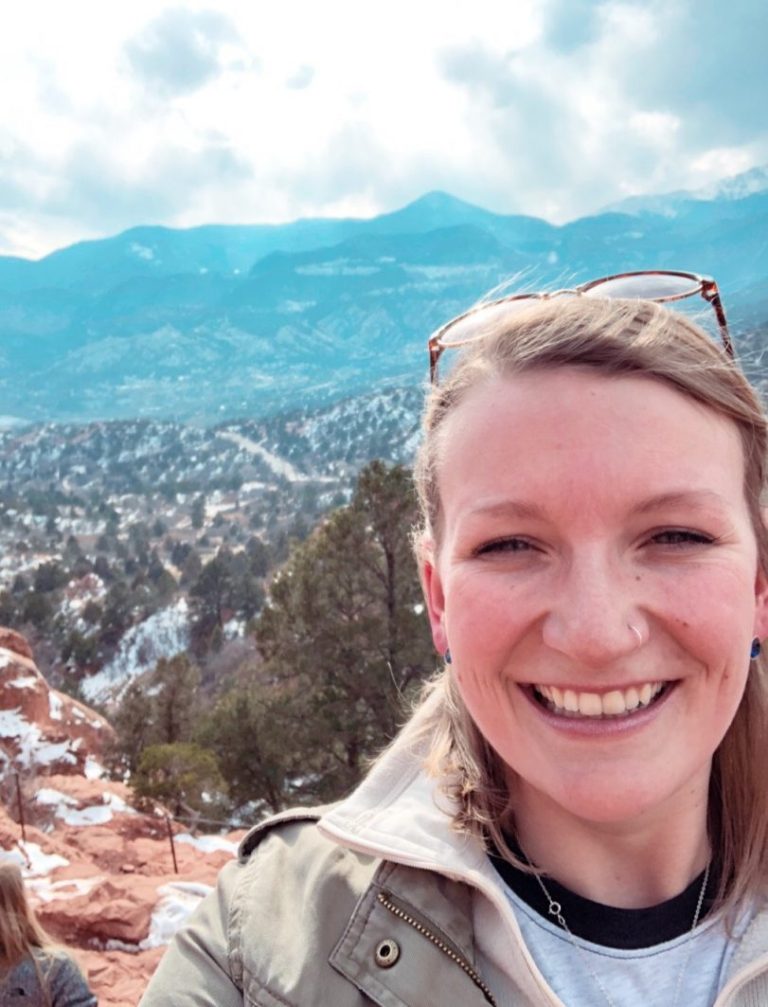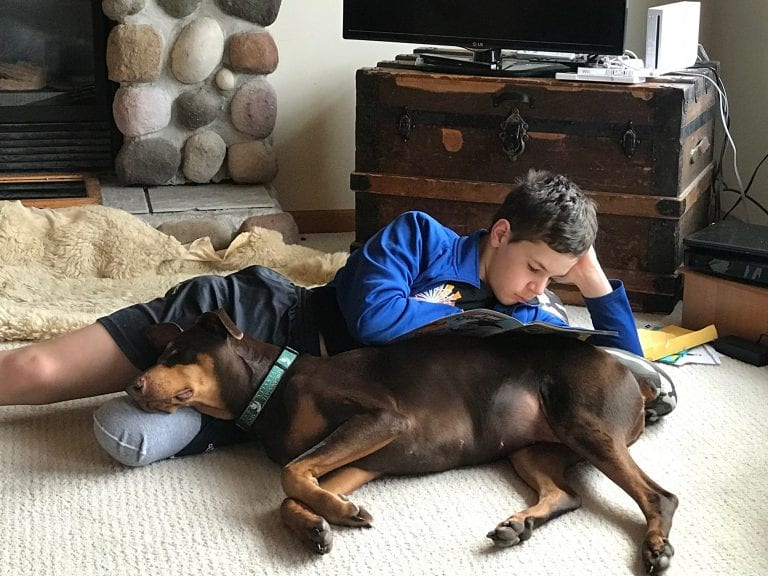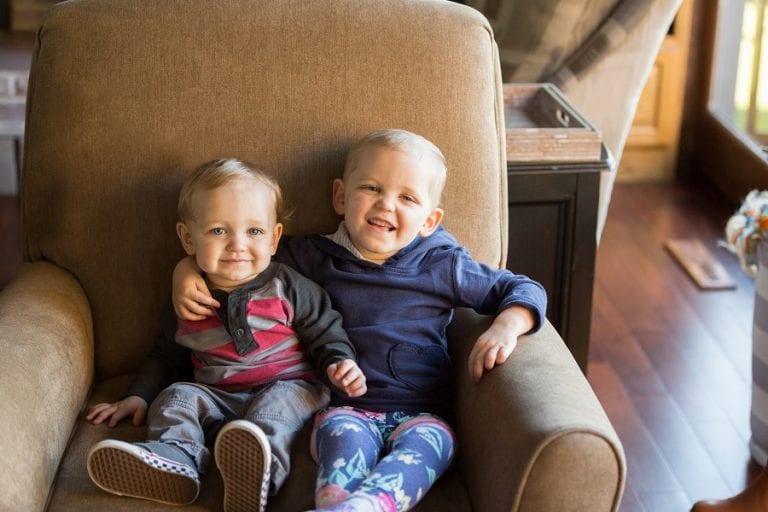When Nick was in high school, soccer was everything. So when he started feeling a bad pain in his calf after a game, he assumed it was a normal sports overuse injury – and his doctor agreed. He tried to rest as much as he could and put the issue out of his mind.
But a few months later during a State Cup game, the calf pain returned full-force. Nick went to see an orthopedic sports medicine doctor, still thinking it was a sports injury. The doctor said he should rest and keep an eye on it, but didn’t seem too concerned until Nick and his mom were on the way out the door.
“It was kind of lucky because my mom and I were walking out the office, and as we were leaving he just threw out, ‘It might be a good idea to get an MRI,” Nick said. “It was almost kind of a throwaway comment, but I got the MRI – and in the next few days I was starting treatment.”
Nick was diagnosed with a rare form of cancer during his senior year of high school. He said he didn’t know enough about cancer at that point to be extremely scared, but the thought of missing out on all the things a high school senior should get to enjoy weighed on him.
“During my senior year, soccer was the thing I was looking forward to most,” Nick said. “My high school was really flexible and accommodating with my classes, and I could go to school every other week so I was still able to see my friends and be social, but not being able to play soccer was really hard.”
Nick and his family did their best to stay positive during his treatment. For Nick, having things to look forward to kept his spirits up, even during the hard days. During his treatment, Make-A-Wish offered to grant him a wish. Just a few months before, he and his family were able to go to a World Cup game, a dream of Nick’s, so he felt like his wish had already come true. He decided to use his Make-A-Wish to pay it forward by wishing to build a soccer field for kids in Kenya. The field was built not long after and is in-use by schoolchildren in Kenya today.
“I liked that building a soccer field wasn’t something that would just have a quick impact, but it was something that can get continued use and give continued joy to people in the future,” Nick said. “It’s crazy to think that on the other side of the world, kids are playing on a soccer field with my name on it.”
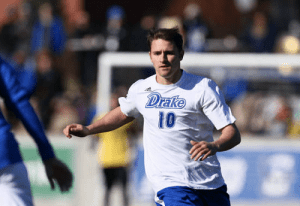
Nick played soccer for 4 years at Drake University.
Nick bounced back from his treatment remarkably well – after nine months of treatment and three surgeries, he was able to play four years of Division I soccer at Drake University in Iowa, and is now cancer-free. He is now running his own business, called SportsLab360, which helps young players develop a higher level of tactical awareness and raise their soccer IQ.
Nick spends most of his time today looking forward – looking to make moves in his business and planning a trip to see his soccer field in Kenya. He says looking forward is what helped him get through his cancer treatment, and still serves him well today.
“Especially if you’re spending days or weeks in the hospital, picking something a few weeks in the future to look forward to can really help you keep going, mentally. That’s the thing you can think about when you’re getting treatment,” Nick said.
Nick is thankful that he has been able to mostly leave cancer behind – his treatment hasn’t left him with any of the late-effects that many cancer survivors face. He understands that we have a long way to go when it comes to better treatments and cures for childhood cancer, but he likes to focus on how far we’ve come.
“The word ‘cancer’ has a heavy feel to it, but where we are now versus where we were 15 or 20 years ago is incredible,” Nick said. “There are a lot of really good things in the works. I think it’s important to remember that, and to keep looking forward.”
Support Research For Rare Childhood Cancers
Childhood cancer researchers often struggle to get government funding because many childhood cancers are considered too rare for large government grants. Your donation gives these scientists the resources they need to move their important work forward.

